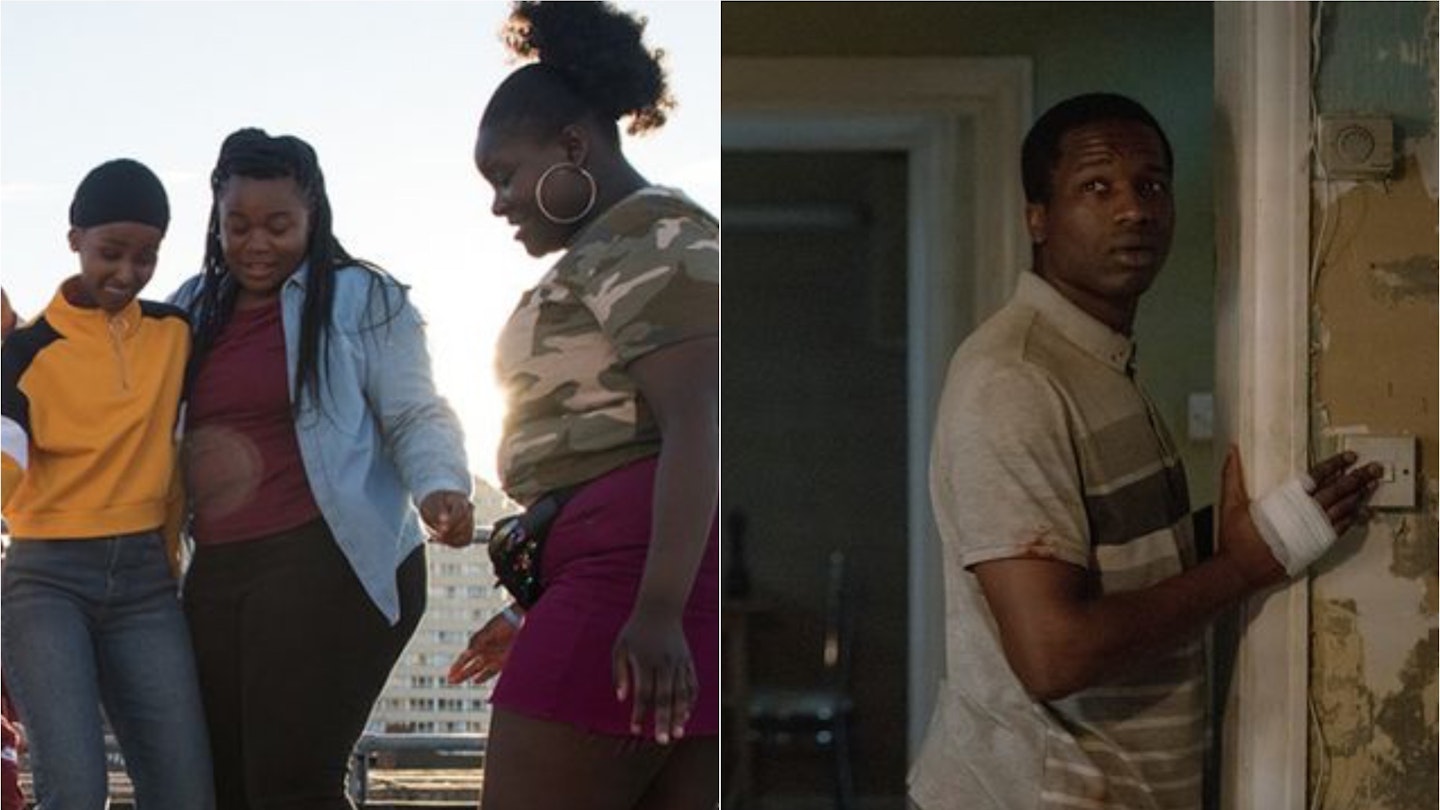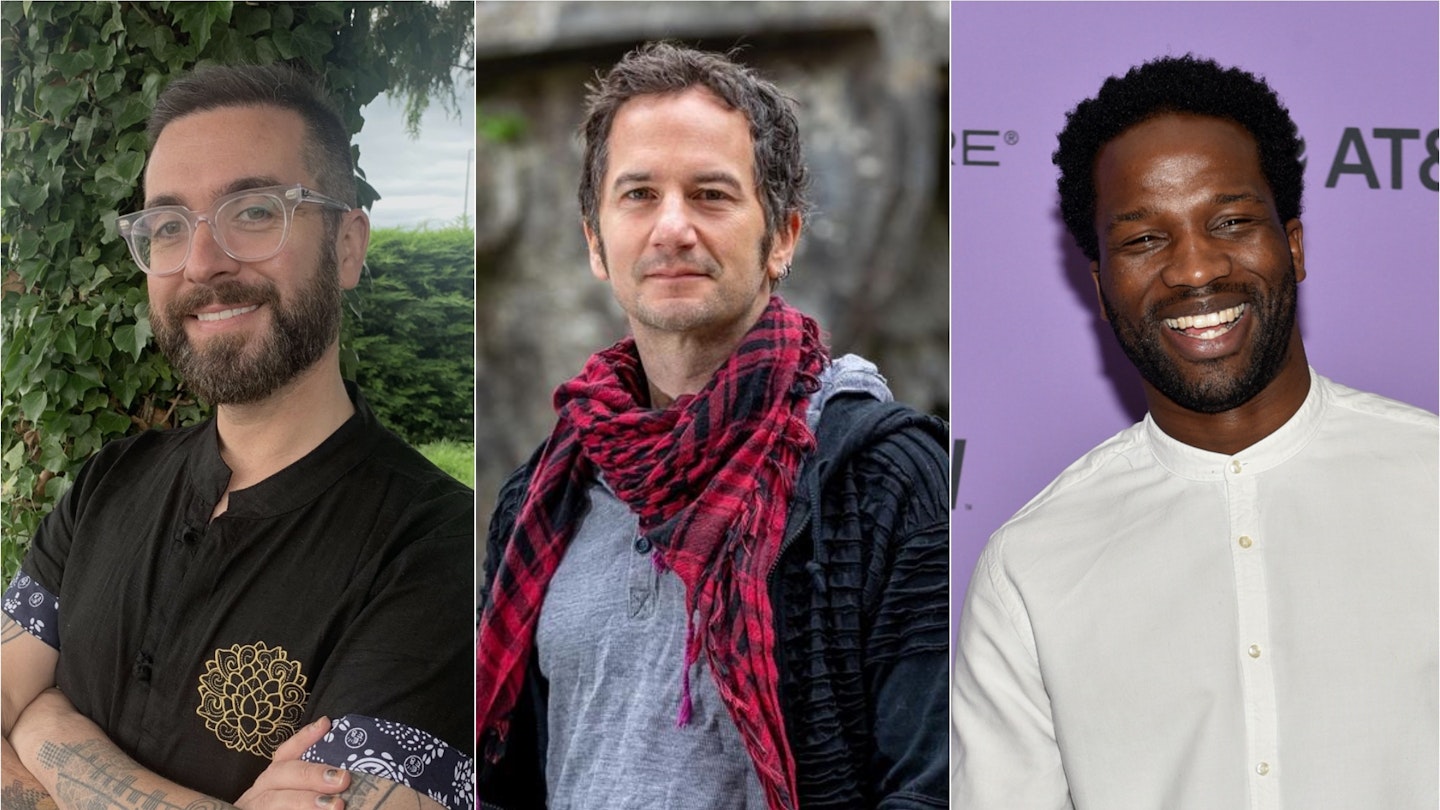Anyone who’s been keeping up with the musical artistry of Riz Ahmed will be well aware of his exploration of British identity. From 2006’s Post 9/11 Blues to the 2016 mixtape Englistan, his stellar work on the album Cashmere as part of the Swet Shop Boys, and most recently his second solo album The Long Goodbye, Ahmed’s lyrical wit has proven formidable. His dissection of what it means to be British — when you were born in London but your skin is brown and your religion is too readily associated with extremism — has served as a vital questioning of the superstructures that have allowed prejudice to flourish. So, it seems somewhat overdue that Ahmed is incorporating his passion for music and writing into his film work.

In fact, Mogul Mowgli, which he co-wrote with director Bassam Tariq, serves as an extension of the voice he established as Riz MC but now channels through the character of Zed. He offers up some of his own material for this British-Pakistani rapper, who has long mined his experience as a child of immigrants, caught between identities. But over time, Zed has forgotten where he comes from.
Raw intensity permeates Ahmed's performance; grounded in obvious authenticity.
Returning home, this disconnect is keenly felt as he becomes reacquainted with the religious and cultural rituals of family life. The dialogue switches between English and Urdu as Zed’s mother (Sudha Bhuchar) questions his two-year absence, a family member criticises the Westernisation of his name, Zaheer, and an argument with a fellow Muslim outside his mosque leads to his hospitalisation. Things are looking bleak as he’s faced with the life- altering future that comes with an autoimmune disease, while the appearances of a floral-masked omen plague his waking and subconscious hours.
Raw intensity permeates Ahmed’s performance; one that is grounded in the obvious authenticity he brings to the role, especially when he spits electrifying verses, as well as the grainy, naturalistic quality of cinematographer Annika Summerson’s isolating imagery, presented in a boxy 4:3 aspect ratio. But it’s also charged with powerful moments of surrealism — an apparent nod to the introspective nature of Sufi Islamic mysticism — that reinforce the notion that his ailment is a physical manifestation of trauma inherited. These dream sequences and flashbacks to both Zed’s childhood and his father Bashir’s (Alyy Khan) harrowing escape from India after the Partition are juxtaposed with the banality of the rapper’s current existence as a hospital patient who can barely go to the toilet without help.
This father-son dynamic takes centre stage while a sub-plot regarding the fear of being replaced by a younger rapper (Nabhaan Rizwan) gets second billing. This leaves little room for a deeper examination of the women in his life, though a phone call with his girlfriend Bina (Aiysha Hart) is a painful yet poignant scene. But as this atmospheric drama builds to a cathartic conclusion, one has to marvel at the humbling lens through which Ahmed presents this extension of himself. His risk is certainly our reward.


